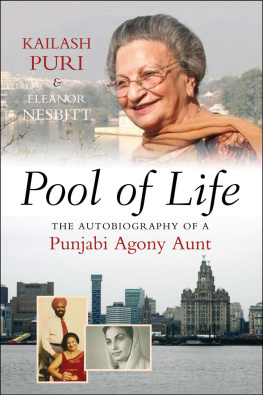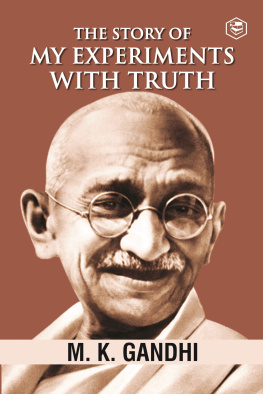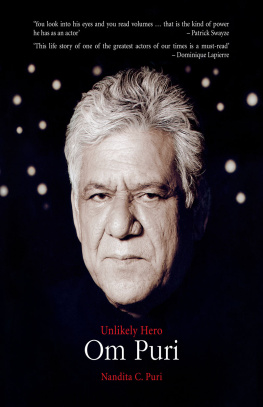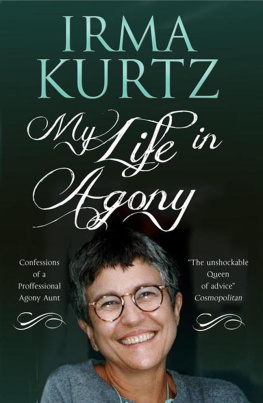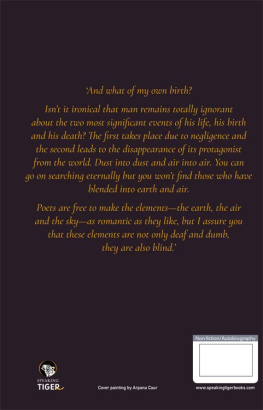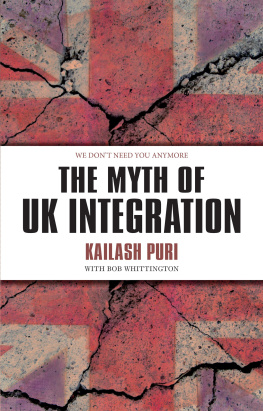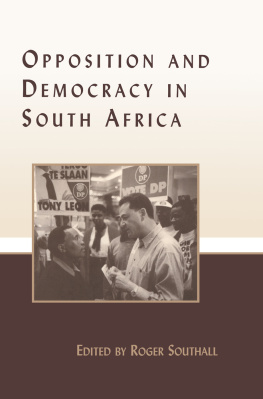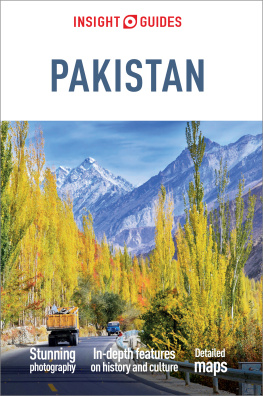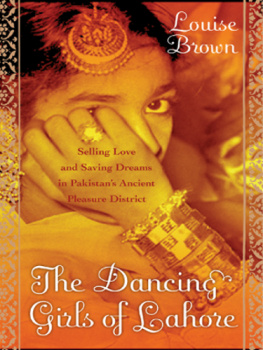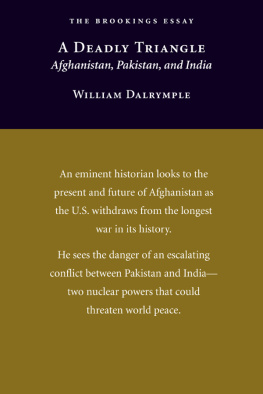This narrative offers a fascinating and thought-provoking glimpse into the long, diverse and well-lived life of a Sikh woman, a perspective sorely lacking given that much of Sikh history and experience has accumulated through male lenses. In her later role of an agony aunt, Kailash Puri was attuned to the deepest hurts and peak moments of members of the South Asian community. Dr. Doris Jakobsh, University of Waterloo, Canada
Her individual biography intersects evocatively and movingly with the shifting realities of Partition, transnationalism, diaspora, race, gender, sexuality, and religion. As early as the 1950s this Sikh feminist began to address, in magazines, issues of marriage, sex, and relationships that no Punjabi had dared to discuss. A vital contribution to multicultural literature. Nikky-Guninder Kaur Singh, Colby College, Waterville, USA
Pool of Life reflects the wisdom of a woman who naturally engaged with the people around her whatever the context: in village life and the academic world, in pre-and post-partition India, in Great Britain, Nigeria and Ghana, always with an observant eye and a sympathetic ear. It is a book from which one can learn intellectually and emotionally about culture, life and change. Hugh Johnston, Professor Emeritus in History, Simon Fraser University, British Columbia, Canada
Eleanor Nesbitts introduction contextualises the life of Kailash Puri, Punjabi author and agony aunt, providing the story of the book itself and, together with the afterword, connecting the narrative to the history of the Punjabi diaspora and themes in Sikh Studies.
Kailash Puri, Asian agony aunt, media personality, award-winning author of many Punjabi novels, and co-author of The Myth of UK Integration.
Eleanor Nesbitt is Professor Emeritus in Religions and Education at the University of Warwick and a founding member of Punjab Research Group. Her many publications include Sikhism: A Very Short Introduction and Intercultural Education: Ethnographic and Religious Approaches.

Kailash Puri

Copyright Kailash Puri and Eleanor Nesbitt, 2014.
Published in the Sussex Academic e-Library, 2014.
SUSSEX ACADEMIC PRESS
PO Box 139
Eastbourne BN24 9BP, UK
and simultaneously in the United States of America and Canada
All rights reserved. Except for the quotation of short passages for the purposes of criticism and review, no part of this publication may be reproduced, stored in a retrieval system or transmitted in any form or by any means, electronic, mechanical, photocopying, recording or otherwise, without the prior permission of the publisher.
British Library Cataloguing in Publication Data
A CIP catalogue record for this book is available from the British Library.
Library of Congress Cataloging-in-Publication Data
Puri, Kailasha Ji., 1926
Pool of life : the autobiography of a Punjabi agony aunt / by Kailash
Puri and Eleanor Nesbitt.
pages cm
Includes bibliographical references and index.
ISBN 978-1-84519-602-8 (pbk. : acid-free paper)
ISBN 978-1-78284-100-5 (e-pub)
ISBN 978-1-78284-101-2 (e-mobi)
ISBN 978-1-78284-102-9 (e-pdf)
1. Puri, Kailasha Ji., 1926- 2. Authors, Panjabi20th century Biography. I. Nesbitt, Eleanor M. II. Title.
PK2659.P8Z46 2013
891.4237dc23
[B]
2013016613
This e-book text has been prepared for electronic viewing. Some features, including tables and figures, might not display as in the print version, due to electronic conversion limitations and/or copyright strictures.
Contents
Index
Series Editors Preface
The Sussex Library of Asian Studies Series publishes original scholarly work in various disciplines (including interdisciplinary and transnational approaches) under the rubric of Asian studies particularly Economics, Education, Religion, History, Politics, Gender, Comparative Studies with the West, Media, and Regional Studies in Asia. The series is keen to publish in emerging topics that demand attention in the Asian context from the politics of dress to the heteronormative in India and Indonesia for example. Seminal works and approaches will find a home here. The series also welcomes single-country studies or anthologies that explore one important theme across a number of Asian contexts. The series will contribute to scholarly debates on topical issues, highlighting the importance of the region.
This is the first time the series publishes a primary source in the form of a memoir. Kailash Puri, in collaboration with the eminent scholar Eleanor Nesbitt, provides a rich ethnographic account of sixty years of the life and times of a South Asian woman located in a transnational context. The story of Kailash Puri from childhood in what is now Pakistan, to her journeys to London, India, West Africa, Liverpool, and other countries, documents not only the gendered expectations of a woman expected to follow her husband without question, but also the agency of an individual who takes on many roles from cookery and yoga teacher to agony aunt. Feminist scholars in particular will find this narrative useful for analyzing the way South Asian women negotiate their own space in the family, marriage and the diasporic community. In addition, Kailashs self-identity as a Sikh with a unique genealogy (Nesbitt points out that her family belong to the Khatri caste, the hereditary community that gave birth to Sikhs ten Gurus, but who are a minority among the Sikh population in India, Britain and worldwide), introduces a novel perspective for those interested in the cultural politics of identity. The transnational location of Kailashs autobiography underscores the importance and distinctive point of view of Asian women in the diaspora. The work is an excellent example of the importance of memoir, autobiography and contemporary experiential account in promoting understanding of the diversity of the Asian region.
M INA R OCES
University of New South Wales, Australia
Acknowledgements
We thank Anthony Grahame and his team at Sussex Academic Press for bringing our project to fruition. Thank you to Dr Akin Oyetade for his help with West African words, and to Dr Doris Jakobsh, Dr Alison Mukherjee and Dr Pippa Virdee for their valuable comments. Any errors are our own.
The front cover photograph of Kailash taken in 2005 is courtesy of Sheila C. Puri; all other cover photographs, and the frontispiece, are from the collection of Kailash Puri.
Glossary
Most of the words listed are Punjabi and/or Hindi. So as to minimise disruption to the flow of the narrative they have not been italicised but they have been translated or explained, at least on their first occurrence. In the glossary, but not in the rest of the book, macrons have been added to assist pronunciation. Thus is pronounced like a in large; is like ee in need; is like oo in pool. However, the diacritic marks, that distinguish (in the roman alphabet) the consonants of Indic languages, have not been added. The letters v and w are used interchangeably for the single consonant concerned. AG (di Granth) denotes the Gur Granth Shib and the page numbers refer (as per convention) to the 1430-page scriptural volume in Gurmukh.
Next page
